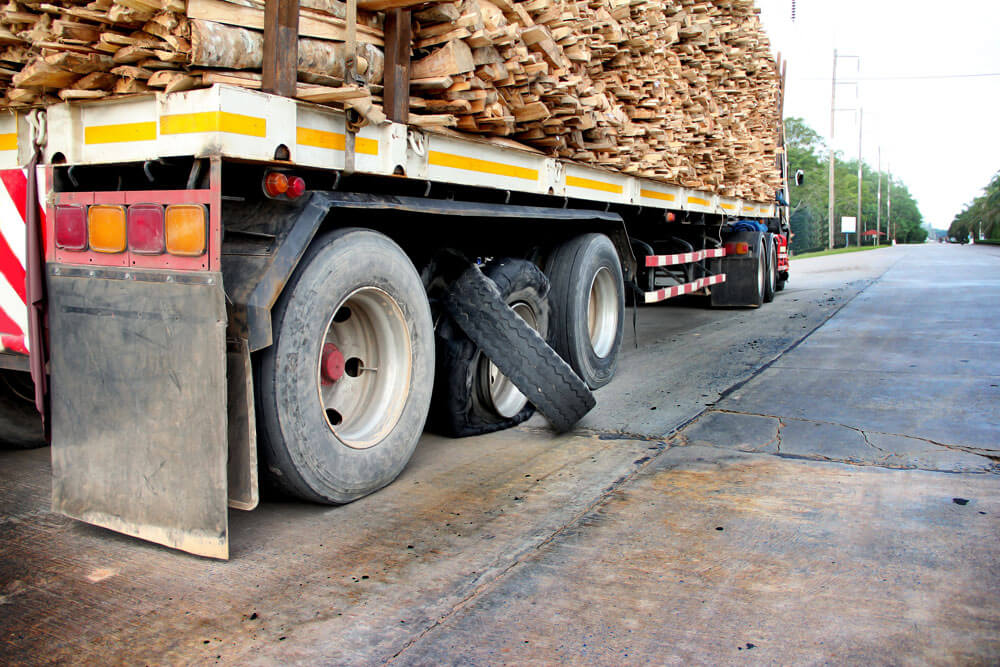Commercial truck filings are an integral part of the truck insurance process. Filings are essentially proof that you’re complying with the federal and state requirements of operating a commercial vehicle. As you may know, having the minimum required liability coverage is required by law.
If you think about it, our truckers haul billions of dollars worth of goods every year. This puts a lot of trucking companies, shippers, and manufacturers at risk. Therefore, the government wants to verify that you’re operating with the necessary coverage to mitigate those risks.
This is where state and federal filings come into the picture. There are certain criteria you must meet before you’re required to show proof of insurance where you’re doing business. The whole thing can get pretty complicated considering many truckers transport goods all over the country.
In this article, we’ll discuss the instances where you’ll need to submit a federal and state filing. Let’s get started.
Commercial Truck Insurance Filings
Federal and state transportation departments have very different requirements when it comes to truck insurance filings. Many truck drivers find this to be confusing since many participate in interstate commerce.
Let’s take a look at the requirements for both the federal and state government regarding commercial truck insurance.
Federal Filing
If you participate in the following types of transportation then a federal filing is mandatory:
- Interstate commerce
- For-hire trucking
- You haul hazardous cargo
- For-hire passenger transportation
You’ll need to fill out and submit the BMC 91 form to the FMCSA. This form states that you’re complying with the minimum FMCSA insurance requirements. Specifically, the federal government wants to verify that you have enough liability coverage in place to offset the risks.
However, you don’t always need to submit your BMC 91 form to the FMCSA. Talk with your insurance provider to figure out whether or not you can just attach it to your policy. By going this route you’ll need two additional filings, the BMC 32 and 90. These indicate that you meet the necessary public liability and cargo requirements.
So, in conclusion, if you aren’t crossing state lines or engaging in interstate commerce then you won’t need to do a federal filing.
State Filing
If you’re a trucking company operating in one or more states then you’ll need to do a state filing. It’s important to note that the majority of states require this.
Here are the 9 states where you don’t need to submit a state filing:
- Hawaii
- Florida
- Nevada
- Maryland
- Oregon
- New Jersey
- Pennsylvania
- Wyoming
- Vermont
This can get pretty hectic if you operate in more than one state. Talk with your insurance provider to see if there’s a simpler process for submitting and managing all your filings.
Can I Be Exempted?
Some sectors of the trucking industry are exempt from submitting federal or state filings.
Here are the following scenarios where a truck insurance filing won’t apply to you:
- Owner operators – This refers to truckers operating their own vehicle under someone else’s authority.
- Private carriers – This refers to truckers that are carrying their own goods or materials. This can include manufacturers, retailers, or farmers.


